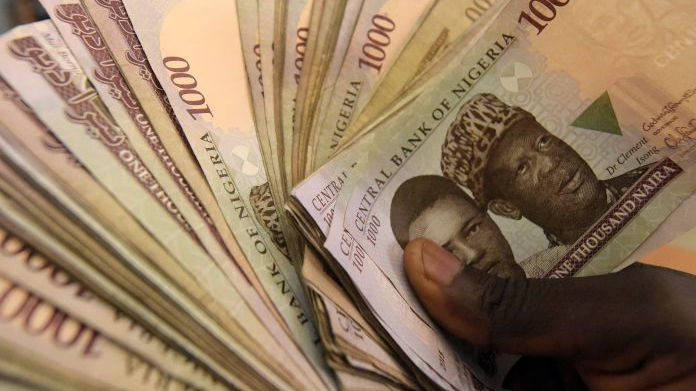Shortly after taking office on May 29, Nigeria's President Bola Tinubu surprised many observers by implementing a series of bold reforms. In addition to scrapping costly fuel subsidies and various taxes, he suspended the country's central bank governor, which immediately removed trading restrictions that propped up the value of the naira. And to curry favor with Nigeria's huge population of young people, Tinubu introduced interest-free loans to help students fund higher education.
But while these rapid reforms signal Tinubu's adherence to economic orthodoxy and may restore the confidence of Nigerians, international investors, and financial markets in the short term, they will not affect lasting change by themselves.
Nigeria's economy – Africa's largest – is in dire straits, and transforming it will not be easy. Inflation recently hit an 18-year high, and large fiscal deficits are adding to already-soaring debt levels. The economy has been hit hard by the fallout from the war in Ukraine, partly because Nigeria depends on food imports, but also because the country – despite being Africa's biggest oil producer – is largely incapable of refining crude and thus imports petroleum. Mismanagement, security issues, and underinvestment in infrastructure have hobbled the oil industry, which generates around 80 percent of government revenues, while inconsistent official policies have prevented the agriculture sector, which employs about a third of Nigerians, from reaching its full potential.

That said, Tinubu's move away from interventionism is a step in the right direction, and he could further harness the demographic potential of Africa's most populous country by securing international investments and reducing bureaucratic red tape. But, most important, Tinubu will need to address broader security, energy, and governance challenges, which are often intertwined.
Security risks, which largely preoccupied Tinubu's predecessor, Muhammadu Buhari, threaten to derail the push for rapid reforms. But a growing economy could deter would-be militants from taking up arms by creating employment opportunities, especially if Tinubu can root out corruption, prevent monopolization, and reform the security sector.
Nigeria's oil-sector woes should also be a top priority. The fuel-subsidy reform will help restore fiscal discipline, given that Nigeria's state-owned oil company spent $10 billion on subsidizing petrol in 2022. Moreover, Aliko Dangote's $20 billion oil refinery, where production is set to begin in July, could help reduce the country's dependence on petroleum imports, assuming that it does not become a private monopoly.
Tinubu has demonstrated little patience for firms cornering the market. While the monopolization of exports has typically been the focus of government regulation, import monopolies in oil-rich countries like Nigeria are also a significant obstacle to economic diversification and must be addressed. (It is worth noting that Tinubu suspended Nigeria's anti-corruption head for "abuse of office," although previous agency leaders have also been removed after facing similar allegations.)
To diversify the economy in the long term, the government will need to expand access to electricity, which only around 55 percent of Nigerians currently have. Fortunately, the potential for clean energy is enormous. Development partners like the World Bank can help with funding and guarantees to boost private investment in electricity distribution and renewables. But Tinubu's team will first need to improve the governance of the electricity sector, ensure a stable macroeconomic framework, and establish a conducive financial system.
Nigeria's vibrant tech ecosystem illustrates the potential that Tinubu could unlock. Hundreds of startups have emerged, particularly in the fintech sector, with Nigeria accounting for five of Africa's seven tech "unicorns" (private startups with a valuation of at least $1 billion). The multiple-exchange-rate regime that prevailed before Tinubu took office drained foreign reserves and gave importers an unfair advantage. Fewer exchange-rate restrictions will facilitate financial inflows, to the benefit of startups, which could in turn help transform the agriculture and transport sectors and empower millions of Nigerians.
If Tinubu stays the course on energy, security, and governance reforms, his agenda could ultimately benefit all of Africa – much like Saudi Arabia's economic experiment could transform the Middle East. But, unlike the Saudis, the Nigerian government does not have vast coffers to draw from and will need to rely more heavily on foreign and domestic private investment, coupled with the support of development partners. If given enough backing, Tinubu could remake the country – and even help remake the continent.
Rabah Arezki, a director of research at the French National Center for Scientific Research (CNRS), is a senior fellow at the Foundation for Studies and Research on International Development (FERDI) and Harvard Kennedy School. The article reflects the author's opinions, and not necessarily the views of CGTN.

